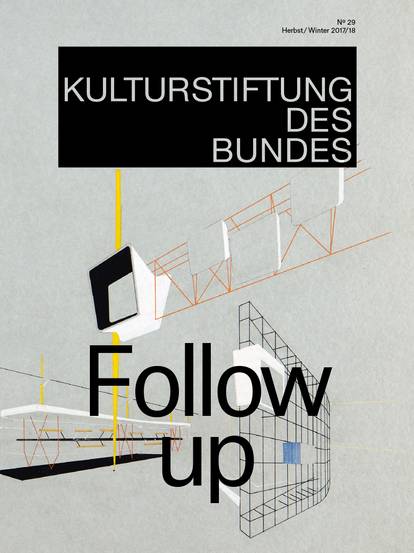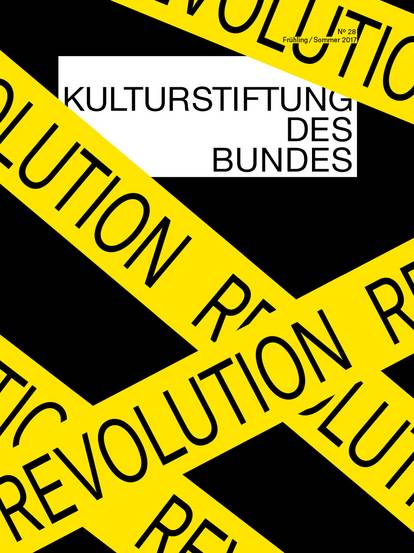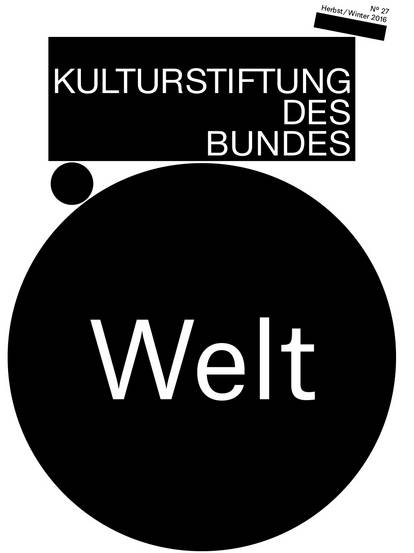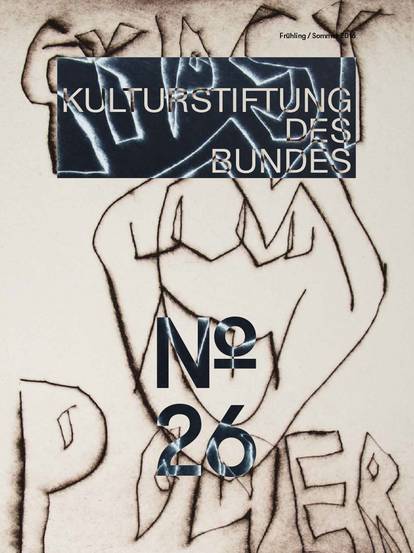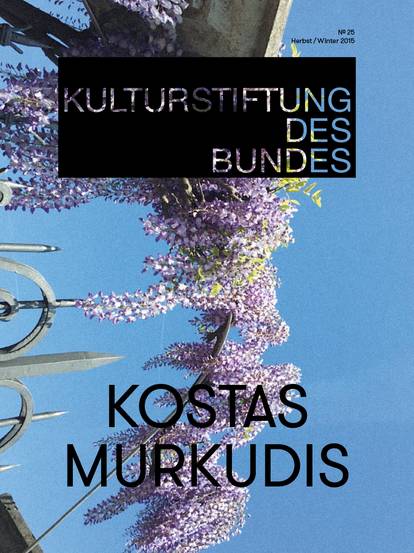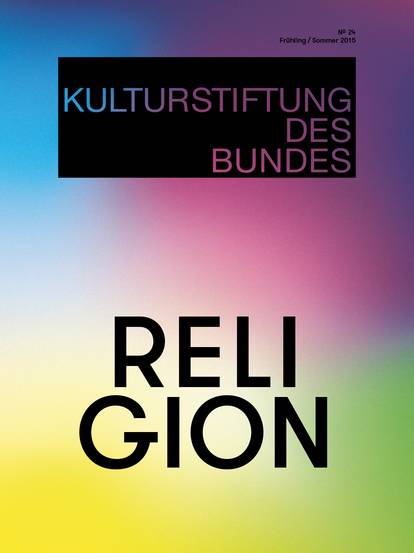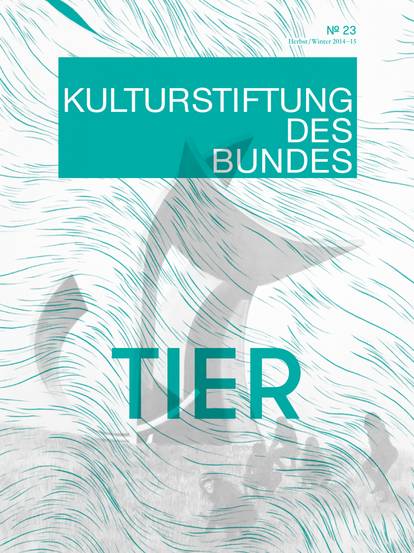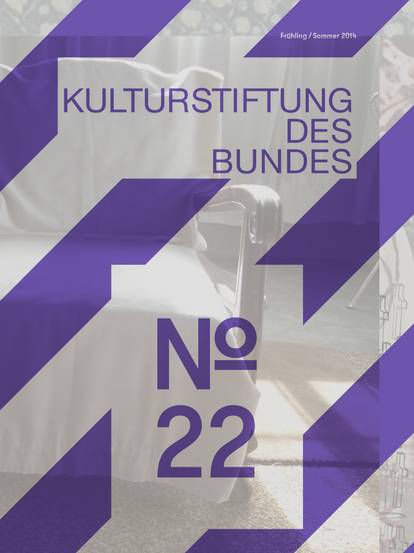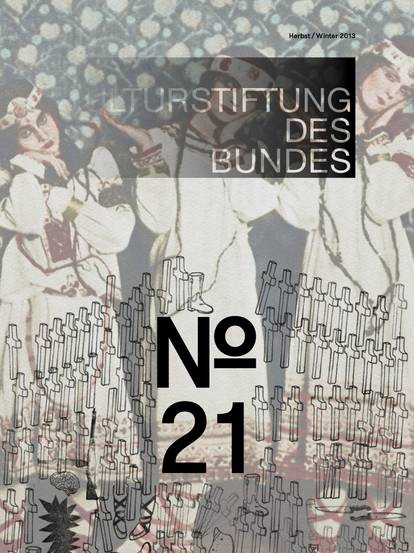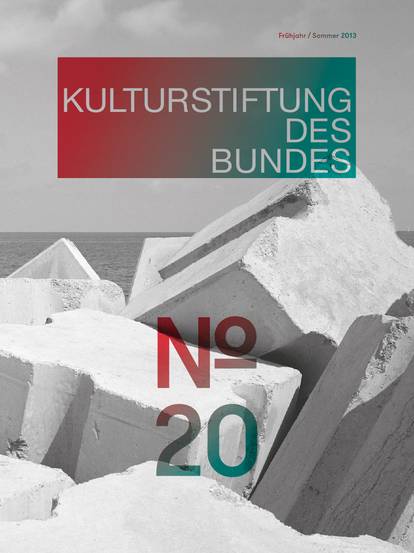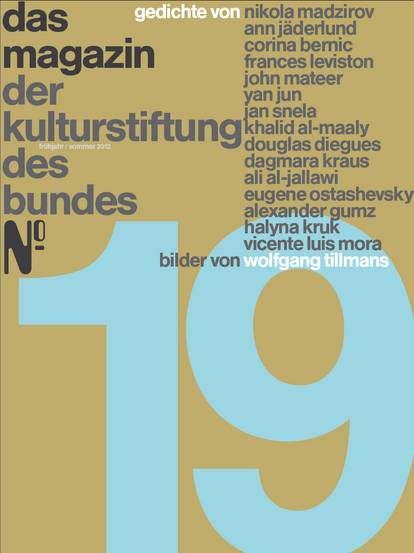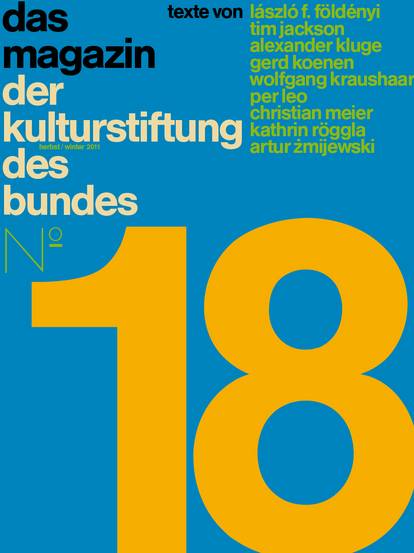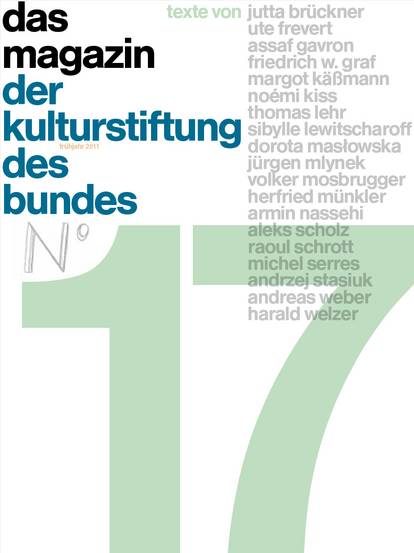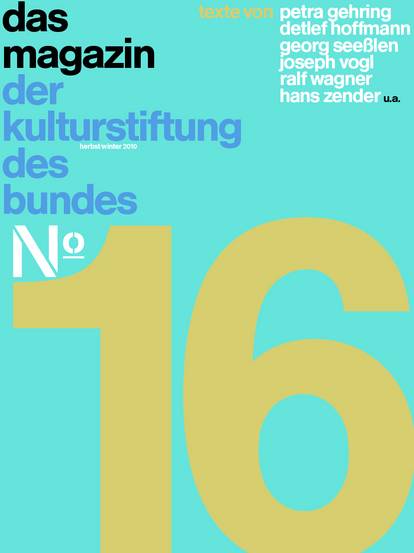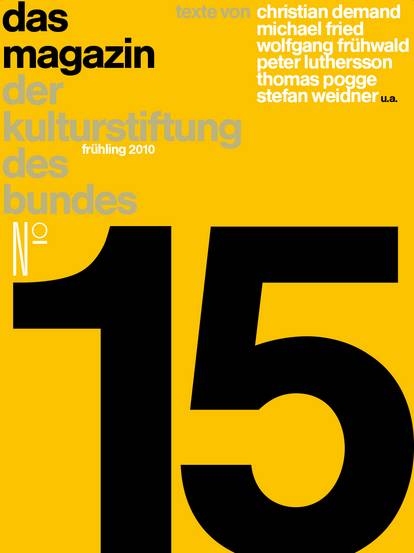“Teach us to remember that we must die, that we may become wise.” This is how Martin Luther translated Psalm 90, verse 12. In the Zurich Bible based on Ulrich Zwingli’s reformation in Zurich, the verse goes like this: “Teach us to count our days aright that we may gain wisdom of heart.” It is clear from both translations that those who recited this ancient psalm had a definite idea of what the art of living meant. The verse implies that the most important task of each individual is to be aware of his finiteness and mortality. This is not a matter of some ars moriendi, in other words, the art in many ancient moral teachings and religious treatises to honorably bid the world farewell in humility before God and be conscious of one’s sinfulness and need for salvation. One could argue that dying is a decisive moment in our lives and therefore, the art of living must also include the art of dying. But those who recite Psalm 90 in prayer have little interest in the final phase of life before death or the end of life as a specific point of time. Rather, much more fundamentally, they wish to gain a new view of life as a whole, a radical shift in perspective. They regard the real art of living as a specific, religiously represented attitude of reflection, that of constantly being aware of their own finiteness. Emphasizing such sensitivity toward death is certainly not intended to cast a somber shadow over life. Rather it is meant to increase and strengthen the intensity of life. Reflecting on the inevitability of our death serves to make our lives stronger and more intense. “Lord, teach us to remember that we must die, that we may learn to live.”
Learning to live means taking full advantage of the lifetime we are given, aware of the unavoidable finitude of our life. Unfortunately, there are many people who are unwilling or unable to live in the here and now. Instead they look forward to a better, more fulfilling life in the relatively near future, for example, when they finally retire, or at a stage of life when they earn more money, and hope that once they’ve achieved this or that, their life will be happier. These people postpone living for an imaginary future, a tomorrow, or even a day-after-tomorrow, when everything will be much better. Such ‘postponers’ of happiness are notoriously incapable of living in the present. They do have their own ideas of a good life. They also like being masters of the art of living – but only a little later in life under subjectively more appropriate conditions. However, they suffer from a basic lack of artistic sense and artistry which are beneficial to life. To be successful at the art of living, one must be willing and able to educate oneself to become a life artist. A religiously conveyed, completely non-fanatic, relaxed sensitivity toward death is the most decisive lesson in learning the art of living. It allows us to differentiate between what is important and less important, and it helps us to take the here and now seriously, to live in the present moment. Those, who can regard each moment of life as meaningful, who can shape and fully take advantage of any given moment in the precious time that we are allotted, are able to increase the intensity of their life, and in turn, the pleasure of living. It is wise to seize the moment and live in the here and now – for we are in no position to decide the future. That is the essence of the future – despite all of our socio-technological efforts to predict, forecast and assess risks, we can never know for sure what will happen.
The presentism of life, as I’ve recommended here, seems to be at odds with the doctrines of moral institutions which often warn of the destructive, dangerous characteristics of contemporary lifestyles which threaten the chances of life for coming generations. Yet intensified perception of the present moment certainly does not preclude examining the conditions of survival of those who come after us. Wisdom – a regrettably underrated virtue in the current ethical discourse – commands us to live in the here and now in such a way that others may live out their given time as cheerfully, happily and comfortably as possible tomorrow and beyond. But as a free individual, one must defend oneself from the moral arrogance of others who claim that he alone is responsible for the survival of future generations or the fate of the entire planet. Here, too, we can refer to the storehouse of symbolism contained in religious writings. The Holy Scriptures of many religions, not only the Bible, all remind us of our limited time and the finiteness of our life’s resources. That’s why I am putting a Bible (or if I were Muslim, the Koran) into my intellectual pantry. Because once in a while I need something to remind me that I must live my life in the present if I, for the sake of others, want to have a future.

![[Translate to English:] Magazine 38](/fileadmin/_processed_/f/1/csm_Magazin38_Cover-Vorschau_921x1230_689f428dc3.jpg)
![[Translate to English:] Magazine 37](/fileadmin/_processed_/b/c/csm_Mag37_Cover-Vorschau_921x1230_b5129fdb2a.jpg)
![[Translate to English:] Magazine 36](/fileadmin/_processed_/2/a/csm_Cover_Magazin36__issuu_2f3cef97bb.jpg)
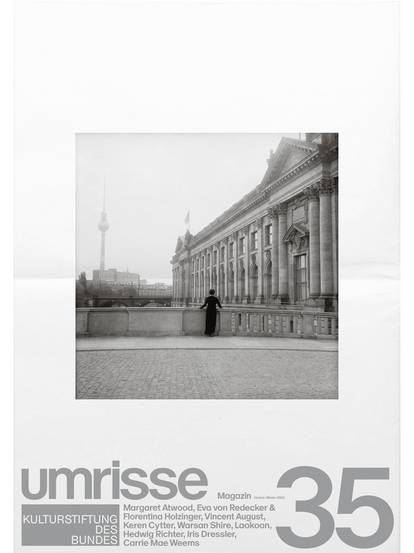
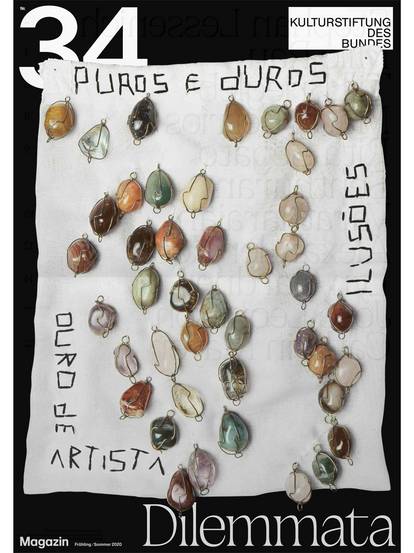
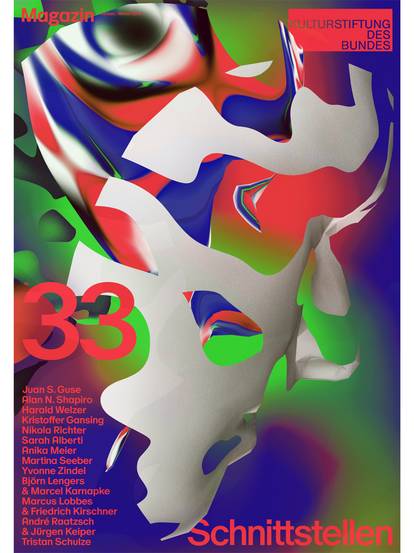
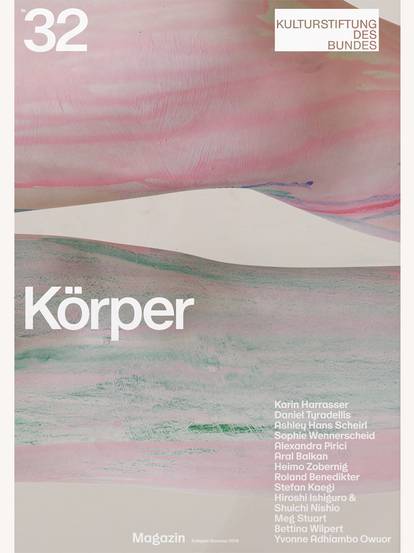
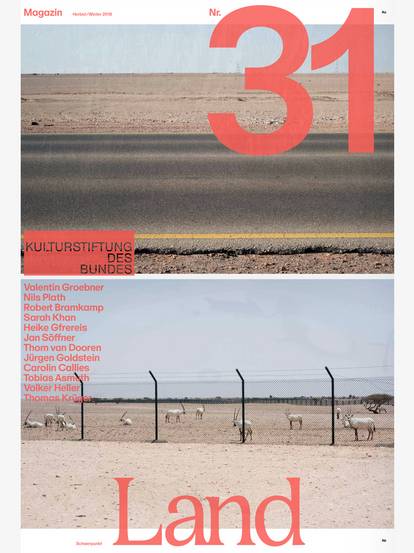
![[Translate to English:] Magazine 30](/fileadmin/_processed_/c/b/csm_magazin30_vorschau_9005f773d3.jpg)
